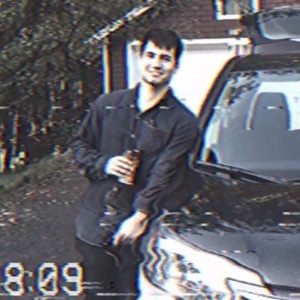Did Anyone Else Notice the Similarities Between ‘Seinfeld’ and ‘American Psycho’?
Patrick Bateman’s antisocial nature and responses could easily have been something crafted by Larry David.
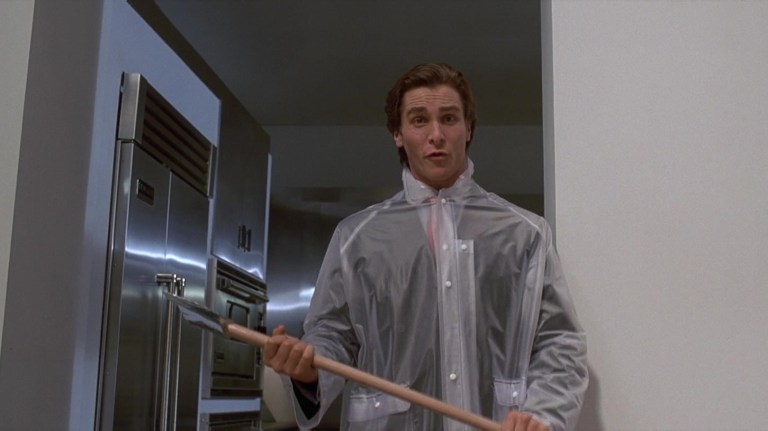
American Psycho is a horror movie for people who don’t like horror movies. The film has a dark magic — or magical obscenity — that works across an eclectic set of audiences.
Viewers enjoy American Psycho for so many reasons. You can like it as a fun period piece about the 1980s, and despite the satirical undertones, you can still just enjoy the fun ride of all the greed, sex, drugs, fashion, and whatnot that come with it. Alternatively, you can enjoy it as a kind of dark Marxist fairytale of late-stage capitalism and the market eating itself alive. Or maybe you can like it just because it’s an anti-Christmas movie or an intelligently done serial killer movie, or perhaps you just like the storytelling of Bret Easton Ellis.
The reason the movie likely has such resonance and staying power, though, is probably because it’s just a very funny dark comedy. Director Mary Harron pulled off alchemy, taking despicable characters and an incredibly violent plot to make a satirical film that is more amusing and thought-provoking than it is preachy — a hard thing to pull off, indeed.
American Psycho full of jokes about 80s yuppie culture
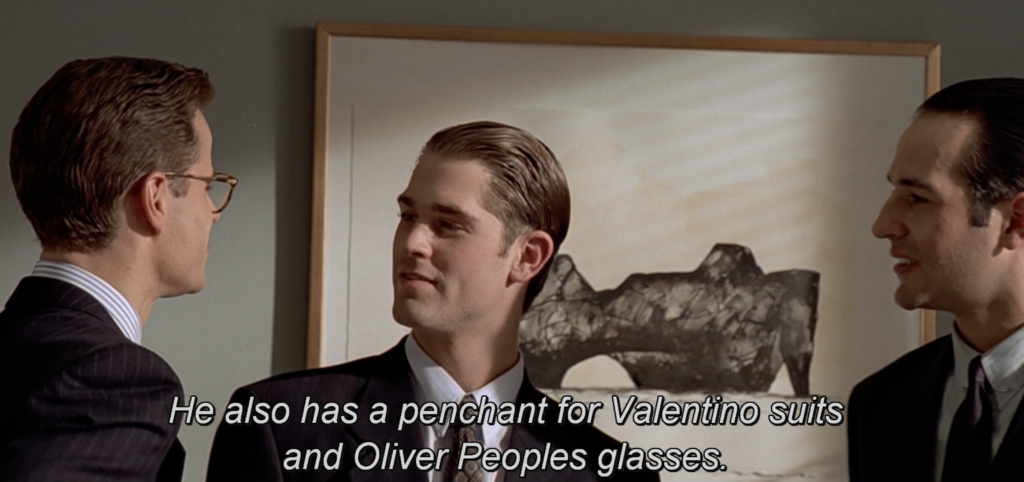
The movie American Psycho is based on the 1991 novel of the same name by Bret Easton Ellis. A reader of Ellis’s novel version in 2025 will be confused by many parts of the book, as it is filled with references to brand names, restaurants, nightclubs, and other pop-culture figures that were only relevant in the 80s and early 90s.
While ahistorical viewers might be befuddled by such references, the book and film are incredibly funny and relevant because of how they make fun of trends from the historical period in which they were made. For instance, the absurdity of quotes from the film such as “Choose a robe, not the Bijan” will in time only become funnier, because as more and more time passes, they will only become more cryptic and hence even more absurd.
It’s Seinfeld-esque
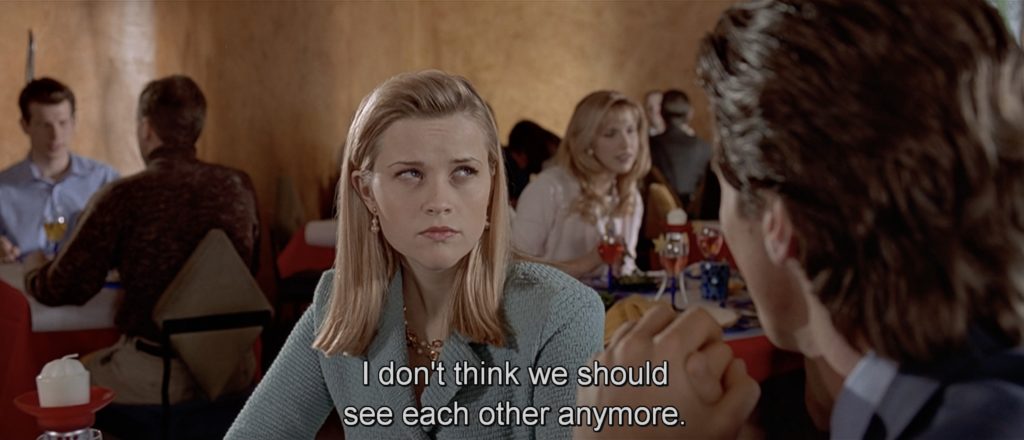
At first blush, it might seem crazy to connect the TV show Seinfeld and American Psycho. On second thought, though, Patrick Bateman’s antisocial nature and responses could easily have been something crafted by Larry David. For instance, when Patrick Bateman is breaking up with his fiancée of several years, he simply says in a George Costanza fashion: “I don’t think we should see each other anymore.” Then this happens:
Evelyn Williams: But your friends are my friends and my friends are your friends. I don’t think it would work. You have a little something…
Patrick Bateman: I know that your friends are my friends and, uh…I thought about that. You can have ’em.
Evelyn: What about the past?
Patrick Bateman: We never really shared one.
Evelyn: You’re inhuman.
Patrick Bateman: No…I’m in touch with humanity. Evelyn, I’m sorry, I just uh…You’re not terribly important to me.
Then there is the famous line: “I need to return some videotapes,” which is Bateman’s favorite excuse for getting out of any social situation — a completely stupid and unconvincing response, but still hysterical. And all the George Costanza-like excuses Patrick Bateman makes for avoiding doing any work — such as trying to brush off a meeting by saying he’s at lunch at 10:30 AM…
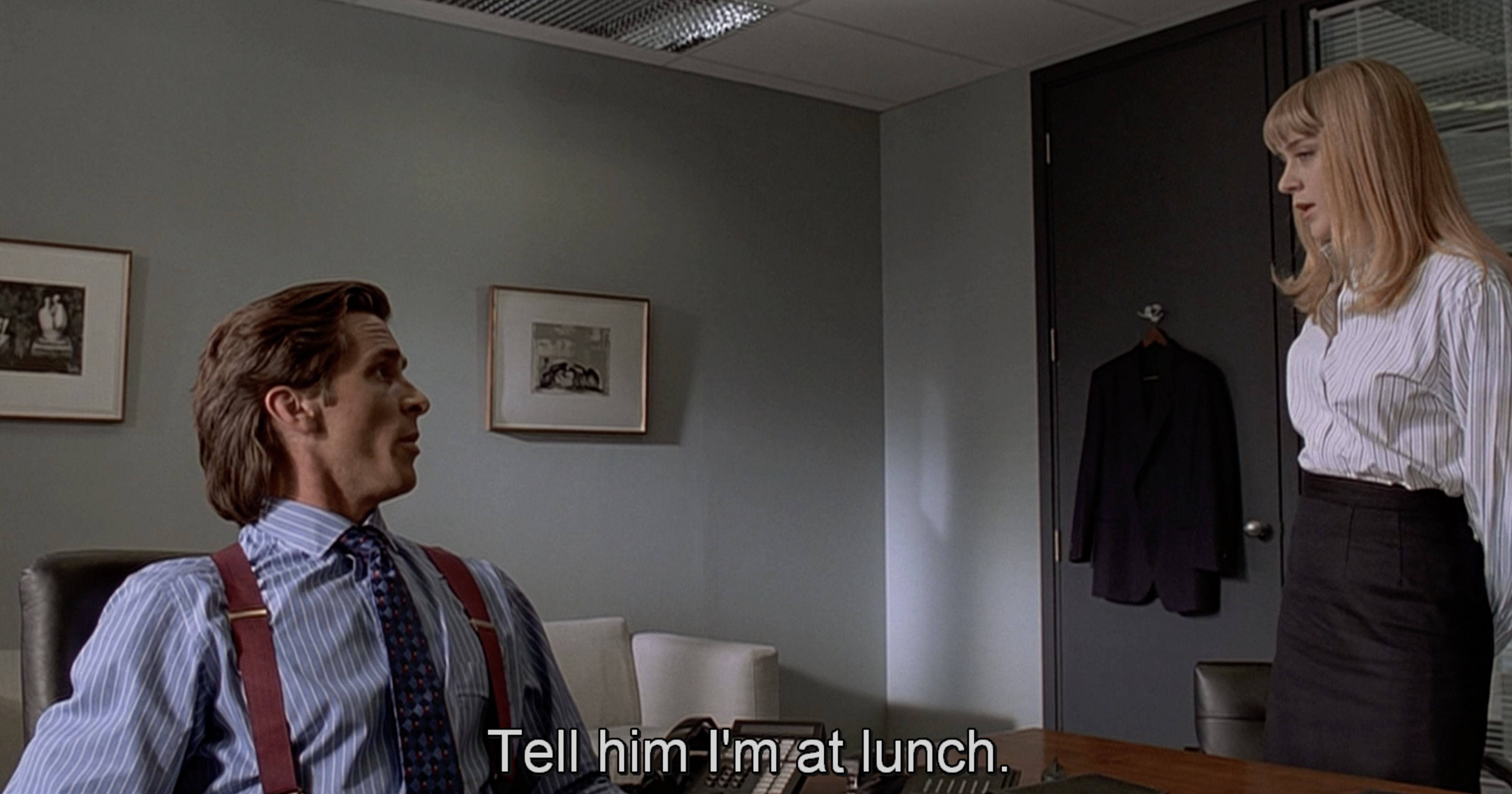
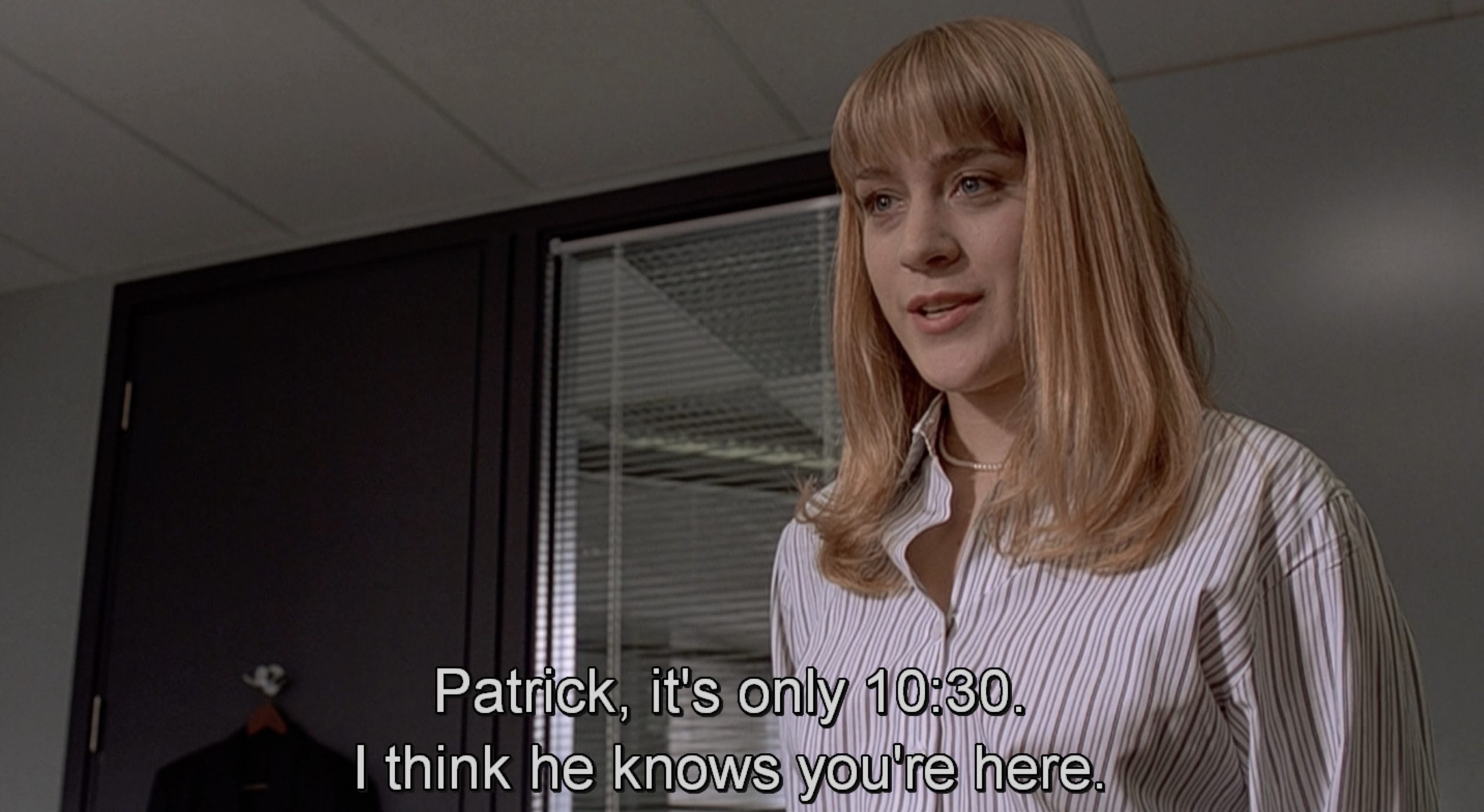
Obviously there is more to American Psycho than just jokes. It’s a feminist movie about toxic masculinity, it’s a critique of yuppie culture, it’s one of Christian Bale’s best performances and it’s also a scary horror movie if you just want to appreciate it on its surface level. Next time you watch Mary Harron’s masterpiece, try to view it as a f-cked up episode of Seinfeld and explore what the film’s humor is saying about the topics it addresses.
Further reading:
